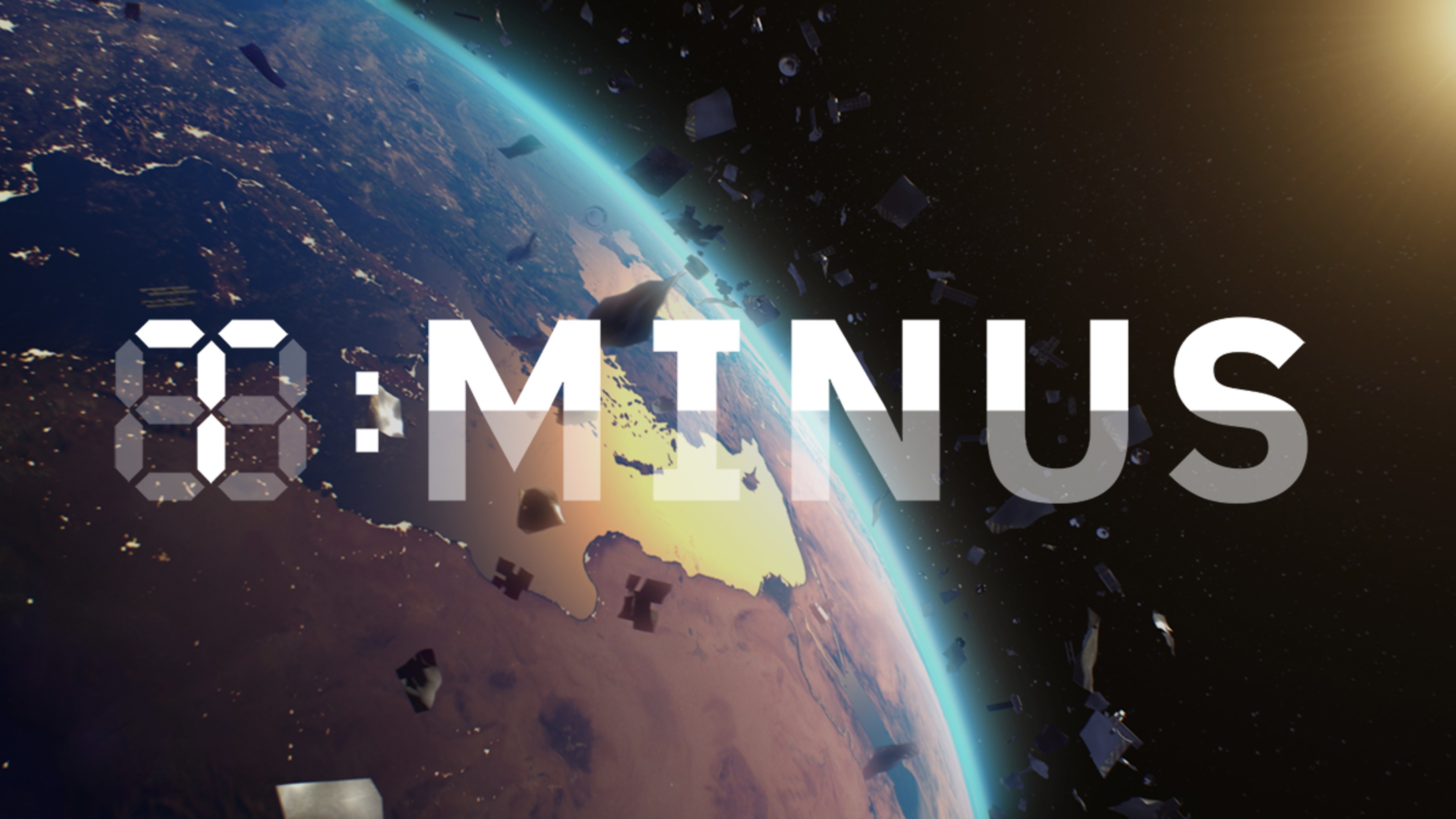Germanium Laser
Scientists at MIT have demonstrated the first laser that operates using the germanium element in a move that could bring us closer to optical computing. “The laser, which operates at room temperature, could prove to be an important step toward computer chips that move data using light instead of electricity, say the researchers. ‘This is a very important breakthrough, one I would say that has the highest possible significance in the field,’ says Eli Yablonovitch, a professor in the electrical engineering and computer science department of the University of California, Berkeley who was not involved in the research told Wired.com. ‘It will greatly reduce the cost of communications and make for faster chips.’ Even as processors become more powerful, they’re running into a communications barrier: Just moving data between different parts of the chip takes too long. Also, higher bandwidth connections are needed to send data to memory. Traditional copper connections are becoming impractical because they consume too much power to transport data at the increasingly higher rates needed by next-generation chips. Copper also generates excessive heat, and that imposes other design limits because engineers need to find ways of dissipating the heat.Transmitting data with lasers, which can concentrate light into a narrow, powerful beam, could be a cheaper and more power efficient alternative. The idea, known as photonic computing, has become one of the hottest areas of computer research.”




